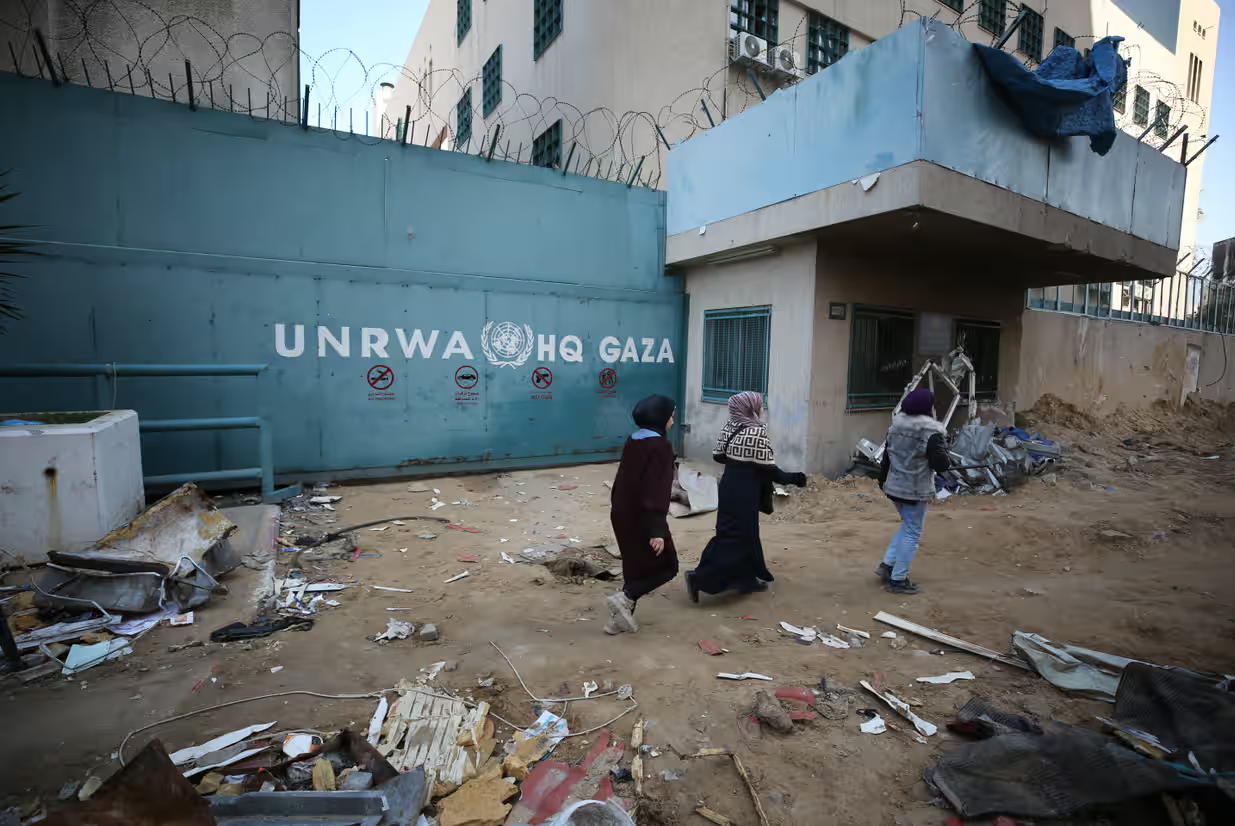
United Nations, May 13 (RHC)-- There will be no more running hospitals, water processing or sanitation services in Gaza within the next couple of days if Israel continues its horrific blockade of fuel and all other forms of aid to Gaza, a UN official has warned.
“Hospitals, health clinics, anything like this, is going to stop very soon,” said UN Relief and Works Agency for Palestine Refugees (UNRWA) Communications Director Louise Wateridge in an interview with BBC.
“There is no fuel for the sanitation workers to move any of the trash piling up. It’s summer, disease is spreading, there is trash everywhere. There’s no fuel to run generators for hospitals, there’s no fuel for the water supply. The water supply is going to shut off. Already in Khan Yunis, it’s destroyed. There is no available water in Khan Yunis,” she continued. “Everywhere else is going to run out because of fuel.”
“There’s no words to describe how bad this situation is going to be without fuel,” Wateridge warned.
As of last month, the Gaza Health Ministry had reported that 32 people, including 28 children, had died due to dehydration and starvation in northern Gaza, which the World Food Program has warned is undergoing a “full-blown famine” imposed by Israel’s aid blockade.
An estimated 90 percent of children in northern Gaza have contracted an infectious disease, with children facing weakened immune systems due to Israel’s starvation campaign and dangerous levels of overcrowding due to Israel’s destruction of most areas of Gaza.
Israeli officials are under court orders to increase vital aid into Gaza, but have instead chosen to escalate their genocide by deliberately targeting all systems in Gaza that sustain life.
At the same time, Israel is intensifying its bombardment and assault of Rafah, formerly the last refuge for over a million Palestinians, including about 600,000 children — the vast majority of whom were ethnically cleansed from their homes and displacement camps over the past months and forced to evacuate further to the north. The UN has estimated that 80,000 people have fled Rafah since Monday, as Israeli forces have pushed their way into the city and seized the Rafah crossing, where most aid has been entering the region.
Israeli forces have been carpet bombing Rafah, with residents and aid workers saying that the sounds of bombs and artillery are now constant. Wateridge said that the bombardment was encroaching closer and closer to the building she was in during her interview in the western part of Rafah on Thursday.
“It’s not easy to be transported around Gaza at the moment. People have very limited access to cash, there’s very limited transportation. So the means are just so little for people to even be able to facilitate such movement,” said Wateridge.
“Nobody knows what to do. Everybody is asking the same question: Where do we go, and where is safety?” she continued. “I can see the border of Egypt from here. That’s how far south we are pushed. This is the last remaining place in the Gaza strip that hasn’t been destroyed. And if Israeli forces continue this military action, every place will be destroyed in the Gaza strip. There is nowhere left.”

